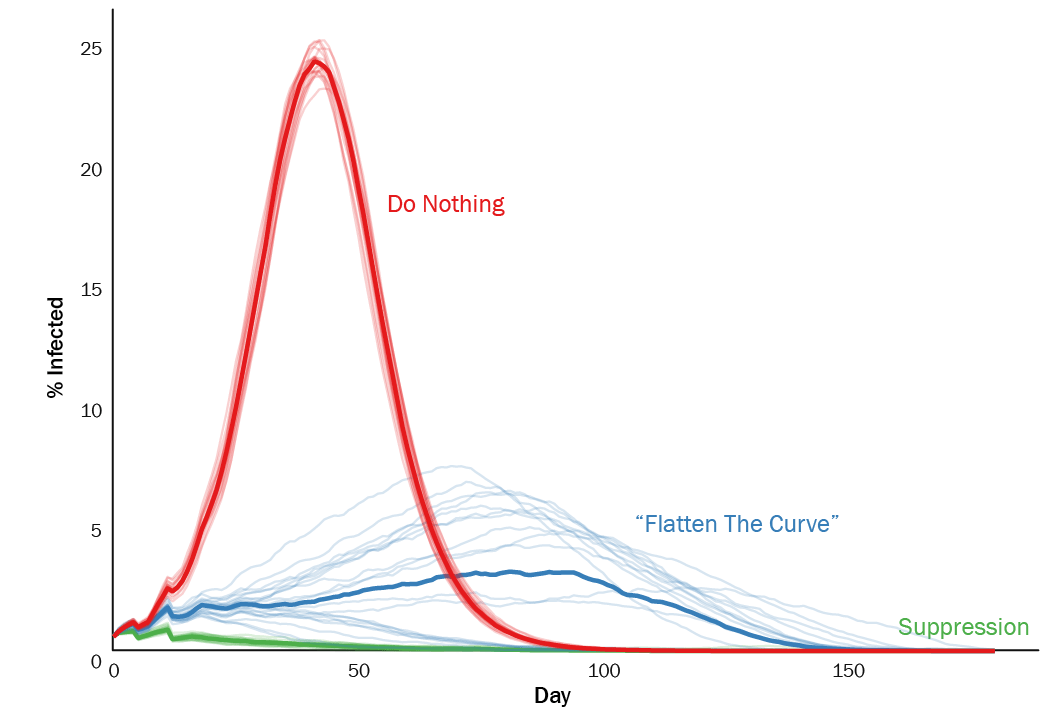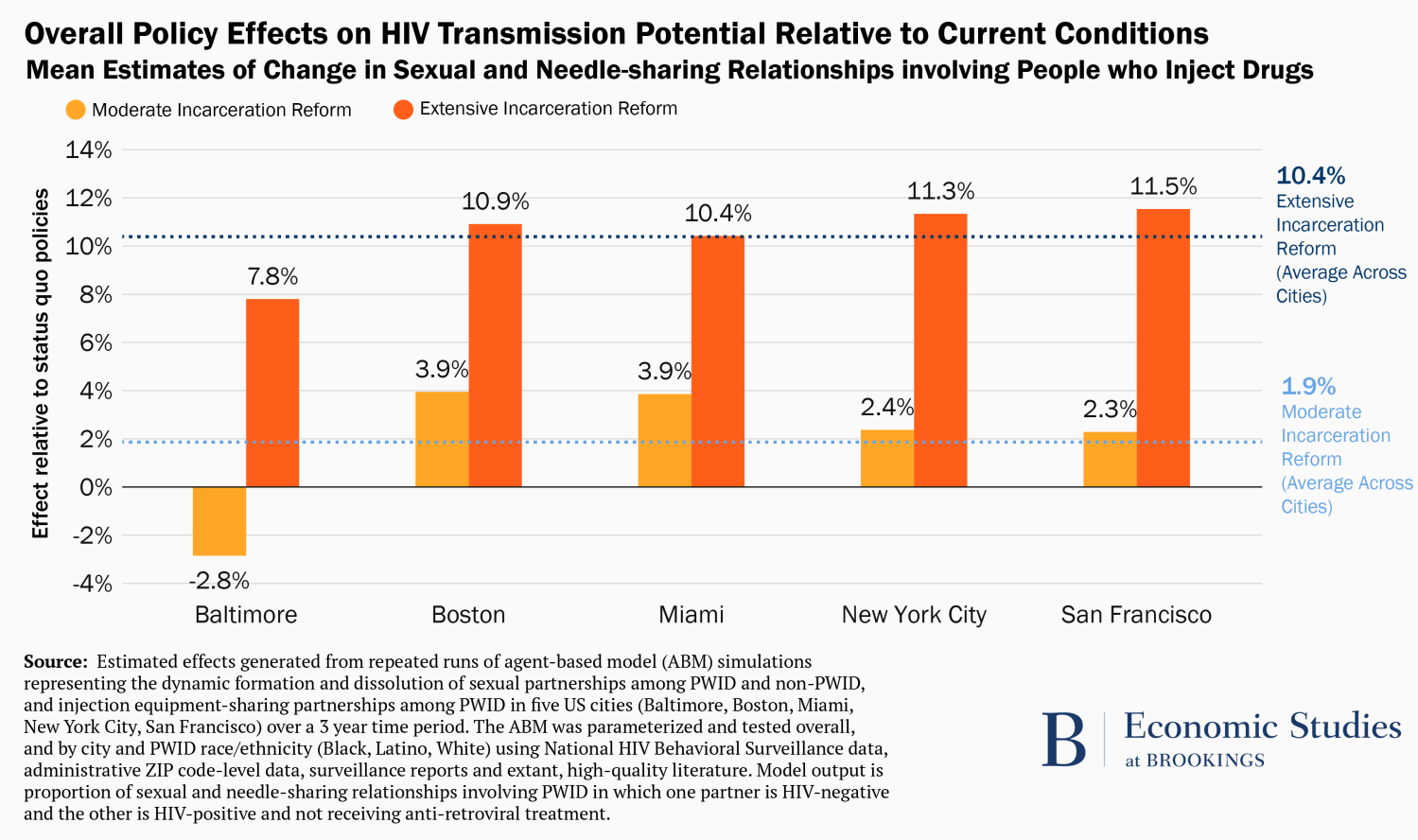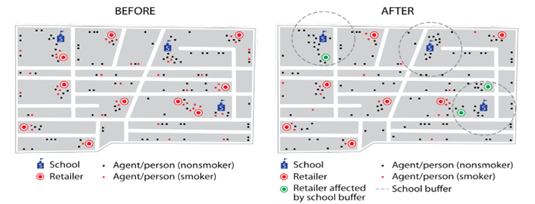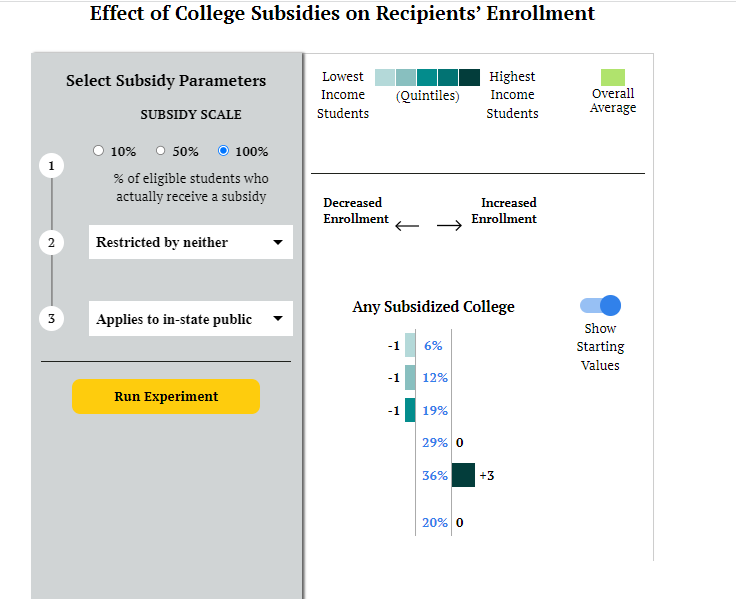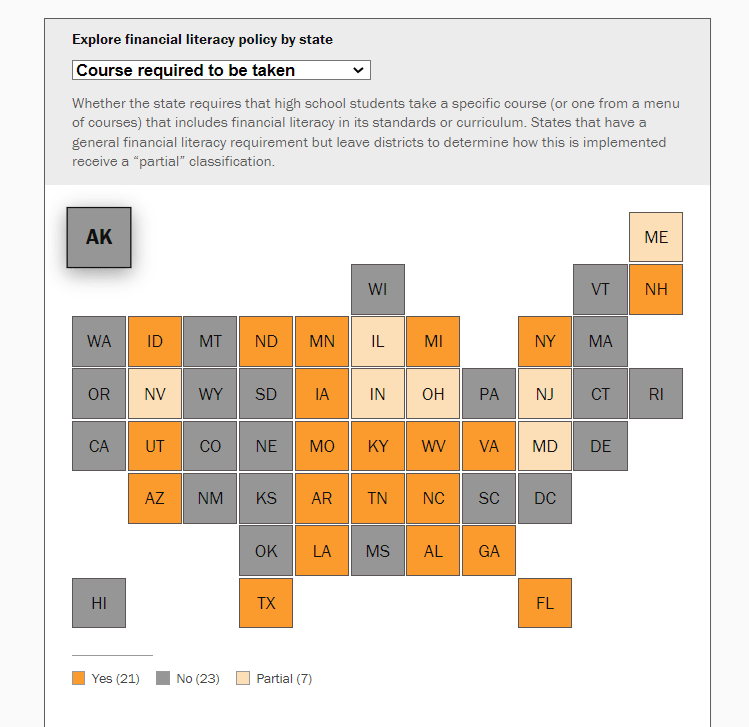A central computational technique used at The Center on Social Dynamics and Policy (CSDP) is agent-based modeling which simulates computerized artificial societies. CSDP is involved in multiple projects that have produced computational models with a range of policy insights. We have recently engaged in research that has produced important policy insights across the following topics:
- Infectious Diseases
- Containment of the COVID-19 pandemic
- Policy Impacts on HIV Exposure
- Childhood Obesity
- Early childhood risks of obesity
- Childhood obesity interventions
- Food choice and health outcomes
- Tobacco Consumption
- Modeling tobacco retail dynamics
- Education
- College Enrollment
- Financial Literacy
- Public health department effectiveness
- Peacebuilding
- Applications of AI to Health Care
TRACE
TRACE (Testing Responses through Agent-based Computational Epidemiology) is a collaborative effort by researchers from The Brookings Institution and Washington University in St. Louis that produced a sophisticated computational simulation model to inform policy responses to the COVID-19 pandemic in the United States. TRACE draws on an extensive body of epidemiological evidence about both the current and past epidemics, and it was designed to manage a high degree of remaining uncertainty surrounding the transmission of COVID-19. TRACE has provided insights on both national and regional impacts of COVID-19 in addition to guidance on emerging sub-variants.
Policy Impacts on HIV Exposure
CSDP collaborated with investigators at Emory University, the Center for Disease Control and Prevention, and Beth Israel School of Medicine to develop an agent-based model to estimate potential HIV transmission in multiple U.S. cities under a variety of policy scenarios. Data from specific, major metropolitan areas within the United States was used to characterize agent behavior and calibrate the model.
Environmental Influences on Child Health Outcomes (ECHO)
In collaboration with Project Viva, a longitudinal research study led by Harvard University examining the relationship between prenatal and early childhood environment and health outcomes, as well as the National Institute of Health’s Environmental Influences on Child Health Outcomes Program (ECHO), CSDP is developing a novel ABM to explore the effects of maternal diet and early environment on children’s health and consumption behaviors.
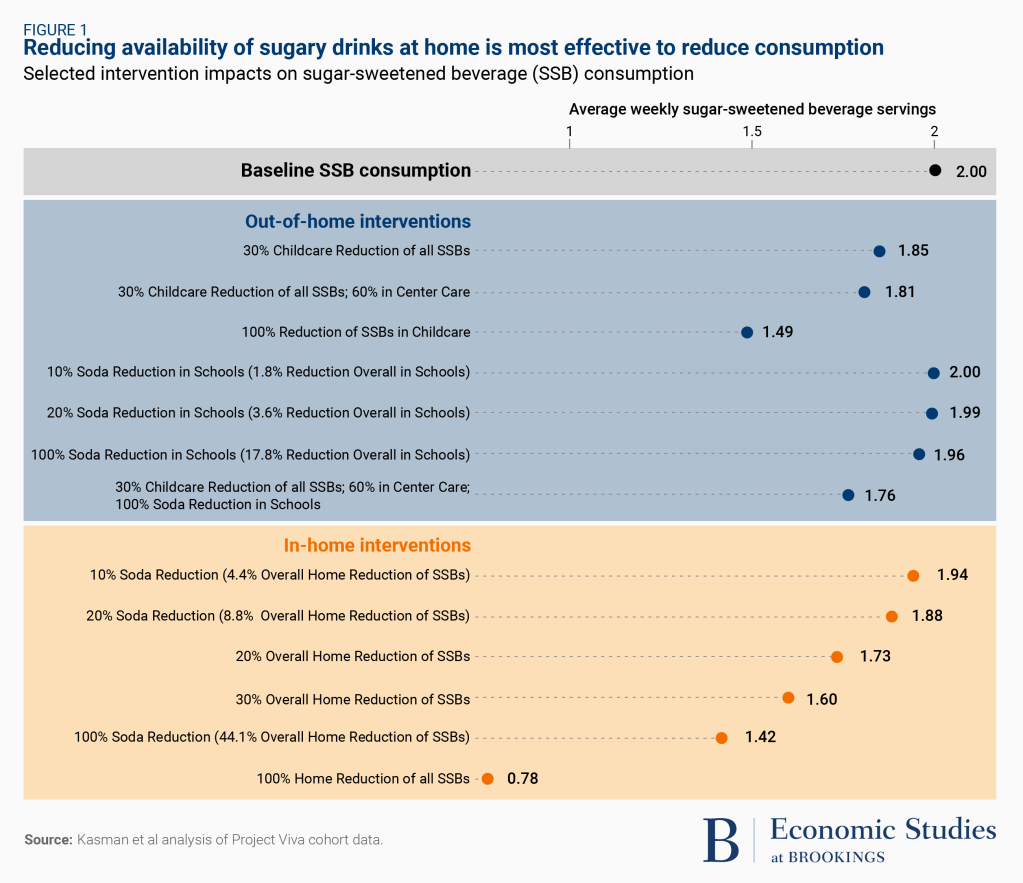
COMPACT
CSDP co-led an international team (with collaborators at Tufts University, Harvard Medical School, Washington University in St Louis, Deakin University, and University of Auckland) that studied the factors that lead to the success of multiple “whole-of-community childhood” obesity interventions. These interventions build up and strategically leverage the capacity of stakeholders who play important roles in children’s lives—such as parents, health practitioners, and policymakers—to reduce child obesity through effective and sustainable changes tailored to specific community contexts. The COMPACT project successfully produced a computational simulation tool to inform the design and implementation of future interventions. In partnership with our center, insights from this project are currently being applied to effect positive change in communities across the U.S..
Reward Learning and Food Decisions
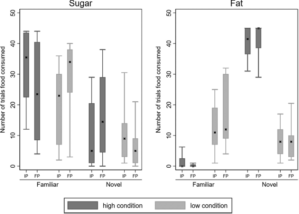 CSDP collaborated with researchers at McGill University and University of Toronto to develop an agent-base model to study the drivers of food choice, which has important implications for health outcomes. This model provided key insights into how early exposure to and consumption of certain foods can have long term impacts on behaviors relevant to early childhood health and obesity. Separately, we extended our research into this topic through analyses of non-human primates’ food decisions when presented with familiar and novel food choices.
CSDP collaborated with researchers at McGill University and University of Toronto to develop an agent-base model to study the drivers of food choice, which has important implications for health outcomes. This model provided key insights into how early exposure to and consumption of certain foods can have long term impacts on behaviors relevant to early childhood health and obesity. Separately, we extended our research into this topic through analyses of non-human primates’ food decisions when presented with familiar and novel food choices.
TobaccoTown
With collaborators from Washington University in St. Louis, Stanford University, and University of North Carolina, CSDP researchers developed TobaccoTown, an agent-based model of spatial tobacco retail dynamics, used to anticipate the effects (intended or unintended) of a variety of point-of-sale tobacco control policies. CSDP collaborated with the Tobacco Control Legal Consortium of the Public Health Law Center to apply the TobaccoTown model to specific communities within Minnesota to evaluate point-of-sale interventions that were being considered by state and local policymakers. This project is ongoing, working with dozens of large cities across the country to craft effective, context-specific strategies to reduce tobacco consumption.
College Enrollment
Along with colleagues at other institutions, CSDP Assistant Director Matt Kasman developed an agent-based model of enrollment in selective U.S. colleges. This model has been used to explore how college admissions policies affect enrollment throughout the higher education landscape; findings from these analyses were highlighted in an amicus brief submitted to the U.S. Supreme Court. The simulation model was later used to gain insight into the possible effects of subsidized college attendance proposals such as those put forward by candidates in the 2020 presidential primary.
Financial Literacy
CSDP conducted a review of educational efforts to ensure adequate financial literacy in students from kindergarten through high school. Our review allowed us to identify gaps in access to high-quality financial education and to make recommendations for improving financial literacy in American youth.
Along with colleagues at the Prevention Research Center at Washington University, we used a sophisticated computational simulation model to identify ways that state public health departments can make changes that increase their effectiveness. State public health departments serve an essential role in responses to myriad issues, from the ongoing opioid crisis to chronic diseases such as diabetes. As the United States works to invest in and support critical public health infrastructure to face current and future challenges, there are opportunities to revisit how such departments are structured and managed. Based on our research, we created a set of clear and feasible recommendations for state health departments nationwide.
In collaboration with the U.S. Institute for Peace, CSDP has explored ways in which our center’s core methodologies might be effectively applied to guide the design and implementation of peacebuilding strategies. Peacebuilding encompasses a wide variety of activities aimed at halting or preventing violent conflict within or between states and helping societies to heal after conflict does occur. This work is an important first step in groundbreaking research that has the potential for positive impact across the globe.
CSDP researchers have used agent-based modeling to gain insights into the potential impact of widespread application of artificial intelligence (AI) tools to health care. We focused on how social conditions—such as use patterns and how people learn about AI tools from their own experiences and those of others—can interact with tools’ performance to shape population-level health impacts. Findings were used to identify recommendations for policymakers, AI developers, health care workers, and researchers to proactively prevent unintended negative consequences of applying AI-based health care tools.

